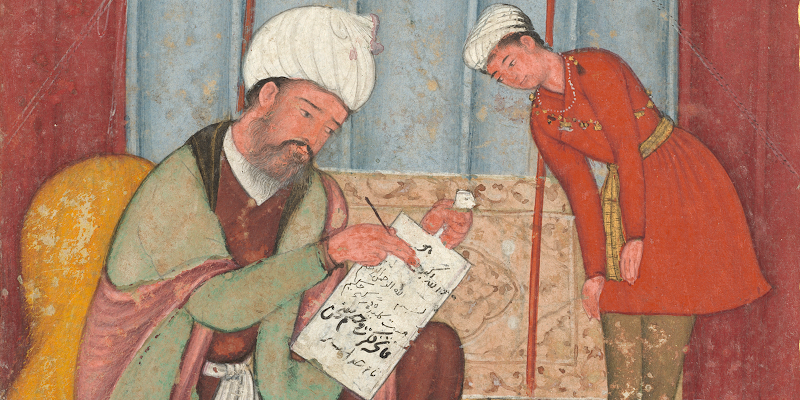Law and Order in Late Ottoman Egypt
How have the immense transformations of the nineteenth century impacted Egyptian state and society? Our guest Dr. Khaled Fahmy has devoted much of his work to the study of that very question in the realms of military, medicine, and in this episode, law, which is the subject of his forthcoming book. In this episode, we explore the emergence to of new legal institutions under Mehmed Ali's government in Egypt and ask Dr. Fahmy what this meant for Egypt and how it fits into the broader changes afoot in the Ottoman world.
Stream via SoundCloud
Khaled Fahmy is Professor of History at the American University of Cairo and 2014-2015 Carnegie Centennial Fellow at Columbia University. He is the author of All the Pasha's Men: Mehmed Ali, His Army, and the Making of Modern Egypt (AUC Press, 2010). His new book, tentatively entitled A Sense of History: Law and Medicine in Modern Egypt, is forthcoming from the University of California Press. |
Susanna Ferguson is a PhD student in Middle Eastern History at Columbia University, where she focuses on the history of women and gender in the Arab world in the late 19th and early 20th centuries. |
CREDITS
Episode No. 180
Release date: 20 November 2014
Location: Manhattan, NY
Editing and production by Chris Gratien
Bibliography courtesy of Khaled Fahmy
Citation: "Law and Order in Late Ottoman Egypt," Khaled Fahmy, Susanna Ferguson, and Chris Gratien, Ottoman History Podcast, No. 180 (20 November 2014) http://www.ottomanhistorypodcast.com/2014/11/law-crime-ottoman-egypt-fahmy.html.
SELECT BIBLIOGRAPHY
Khaled Fahmy, “Justice, Law and Pain in Khedival Egypt,” in Baudouin Dupret, ed. Standing Trial: Law and the Person in the Modern Middle East. London: I.B. Tauris, 2004.
Khaled Fahmy, “The anatomy of Justice: Forensic medicine and criminal law in nineteenth-century Egypt,” Islamic Law and Society, v. 6, 1999.
‘Imād Hilāl, al-Fallāh wa’l-Sulta wa’l-Qānūn (The Peasant, Power and the Law). Cairo: Dār al-Kutub wa’l-Wathāi’q al-Qawmiyya, 2007.
Rudolph Peters, Crime and Punishment in Islamic Law: Theory and Practice from the Sixteenth to the Twenty-First Century. Cambridge: Cambridge University Press, 2005.
Rudolph Peters, “Murder on the Nile: Homicide trials in 19th century Egyptian shari‘a courts,” Die Welt des Islams, v. 30, 1990.
Rudolph Peters, “For His Correction and as a Deterrent Example to Others: Mehmed Ali's First Criminal Legislation 1829-1830,” Islamic Law and Society, v. 6, 1999.










Comments
Post a Comment
Due to an overwhelming amount of spam, we no longer read comments submitted to the blog.